By Catherine Stone
stonecat@grinnell.edu
The election for the Student Government Association (SGA) senators occurred this week.
Initially, senator applications were due at noon on Sept. 9, but SGA decided to extend the deadline to 11:59 p.m. that night in order to allow for more applicants to apply. According to the SGA Facebook page, additional candidates were needed for East Campus, Loosehead, Canada and Smounker.
“We didn’t have as many candidates as we wanted originally, that’s something that’s pretty common in my time here,” said Charlotte Love ’19, Election Board Chair. “We pushed back the deadline because we think that it’s really important to have people who want to take the time to apply and really take the initiative to think about why they want to be senator.”
All full-time students of the College, except for first semester, first-year students, are eligible to run.
Senators are important to the governing of Grinnell as they act as liaisons between SGA and their constituents.
Dylan Welch ’19, the SGA Administrative Coordinator, wrote in an email to The S&B, “Senators are an instrumental link between the larger student body and the ability to establish student organizations, bring speakers to campus, initiate service projects, host inclusive all-campus parties and voice student concerns with Grinnell College’s administration.”
The basic duties of the elected senators include attendance at every campus council meetings, reporting decisions or ongoing discussions of SGA to their clusters, express ing the views of their constituents, participating in at least one committee, voting on budgets, debating topics of interest and hosting events for their clusters.
Some senators who ran have served in this capacity in the past, including Elizabeth Collinger ’21, Allie Pearce ’20, Amanda Weber ’21 and Carrie Stallings ’19.
On her decision to run again, Pearce, a candidate for Clangrala, said, “This year I feel that I could be a lot better about advancing some of my own ideas now that I know the lay of the land … one of my biggest goals is to work on community outreach.”
Weber, on the ballot this year for Off-Campus and College-Owned housing, said, “I came to really enjoy having the opportunity to serve people and to do what I could to make the quality of life better for the people in my cluster.”
Another motivation to run includes representing a certain population of students on campus. Ryuta Kure ’21, who ran for East Campus Senator, said, “I was approached by a current member of SGA who encouraged me to run for Senator as we are lacking international diversity in SGA.”
Kure also said that it was important to “negotiate with your cluster, and to know your cluster.”
Senators are required to have a project that they focus on during the semester to better student life.
Love put the senator project into the context of the role. “The senator project is a place where senators can really go above and beyond,” she said. “A really good senator will have a good idea that they’ve found matters to the people in their clusters, if they really are proactive and get the ball rolling on something.”
Love gave the examples of undergraduate research opportunities and bike repair station as examples of successful senator projects.
“Senator projects can be really cool, especially if senators work together, and if they work on it consistently,” Love said.
Water quality on and off campus was a topic discussed by many candidates in either their short bios posted to the ballot or during interviews.
Weber, a resident of Russian House, said “I would like to get water filters for faucets in the off campus-housing because we don’t have water fountains.”
Anne Moen ’20 also showed an interest in prioritizing water quality. “My senate project would be to focus on getting water bottle fillers in residence halls,” she said.
When asked what qualities potential senators should have, Love replied that they need to keep their constituents in mind.
“Even if it’s not something super fancy, … having regular meetings where [constituents] can tell you how they’re feeling about campus issues is really important,” Love said.
Having served as a senator before, Weber echoed these sentiments. “A senator should be a consistent resource for the residents in their cluster,” she said. “Being someone that’s communicable and available is important because that’s basically what the job is.”
In total, there were 25 people on the ballot.
Canada had only one person running: Steven McDowell ’21. Those running for Clangrala included Papa Kojo Ampim-Darko ’19, Collinger and Pearce. In Smounker the two candidates were Ishaan Tibrewal ’21 and Puravi Nath ’21.
East Campus candidates included Rande Nieto ’21, Amelia Zoernig ’21 and Kure.
Loosehead had the highest number of candidates with Phinn Lloyd ’21, Hunter Antonisse ’19, Manan Pradhan ’20, Luo Yang ’20, James Msekela ’20, Syamala Gumidyala ’21, Declan Jones ’21. Jamaland had Arish Vale ’21 and Moen.
Those running for Off-Campus College-Owned housing included Thomas Hexter ’21, Felipe Monteforte Ferreira ’21 and Amanda Weber ’21. Off-Campus Non-College-Owned participants included Jordan Hamilton ’19, June Christian ’19, Lily Bohlke ’19 and Stallings.
Voting began on Sept. 11 at noon and concluded on Sept. 13 at noon. There was a 24-hour grievance period, and results were released on Friday at noon.
Please see the photospread for winners. Not pictured is Steven McDowell ’21, senator-elect for CaNaDA.
Editor’s note: Amanda Weber is the Web Manager for The S&B. Ryuta Kure is the Graphics Editor for The S&B.
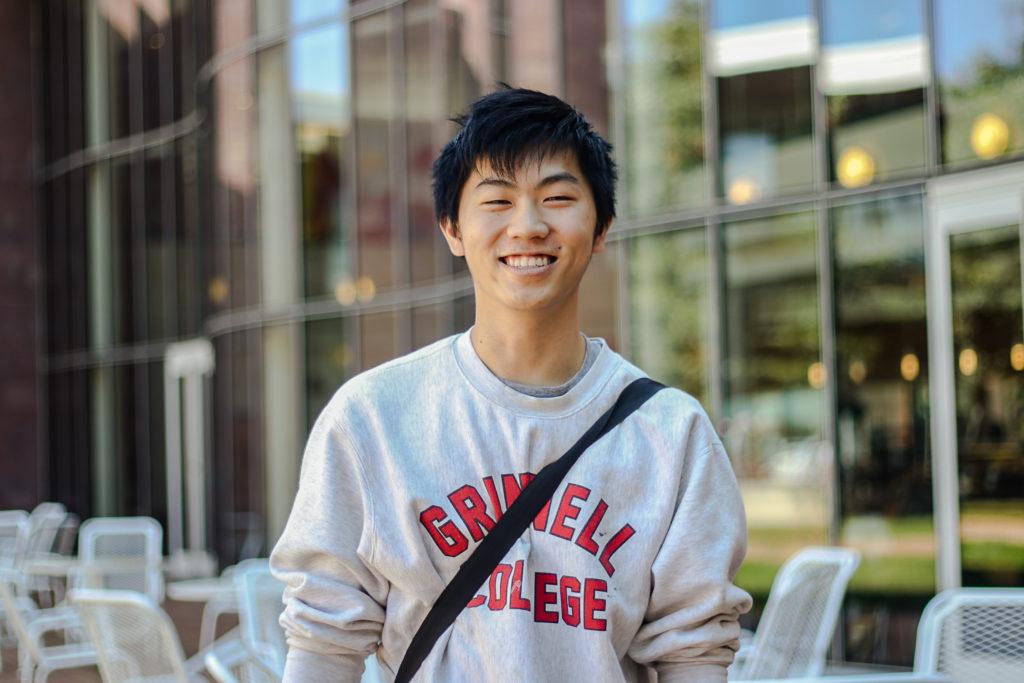
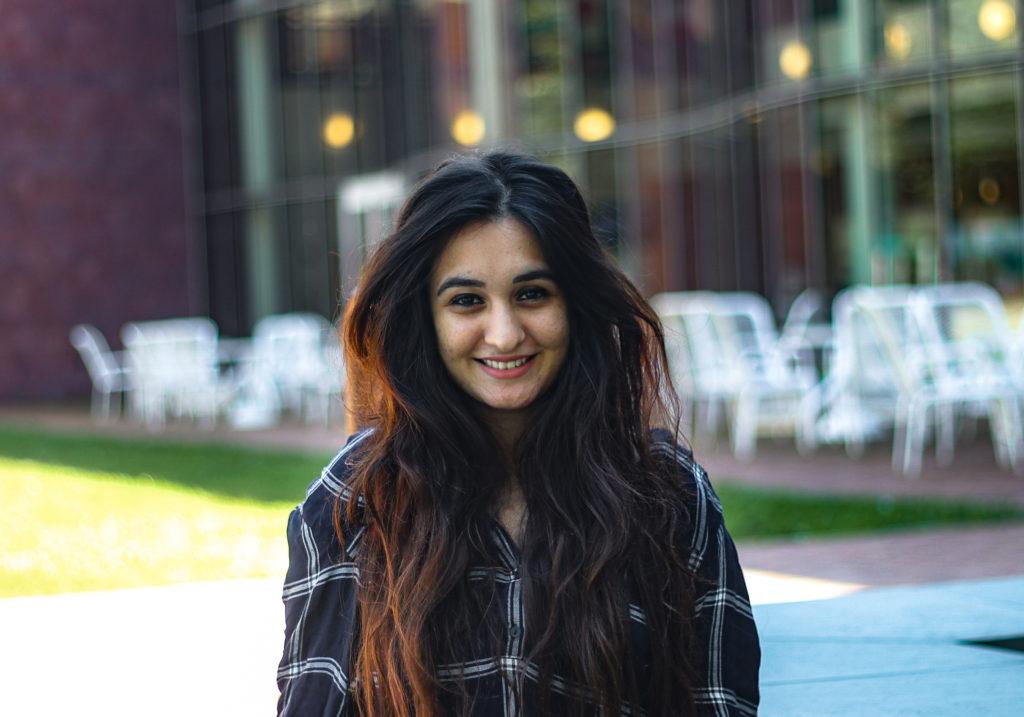
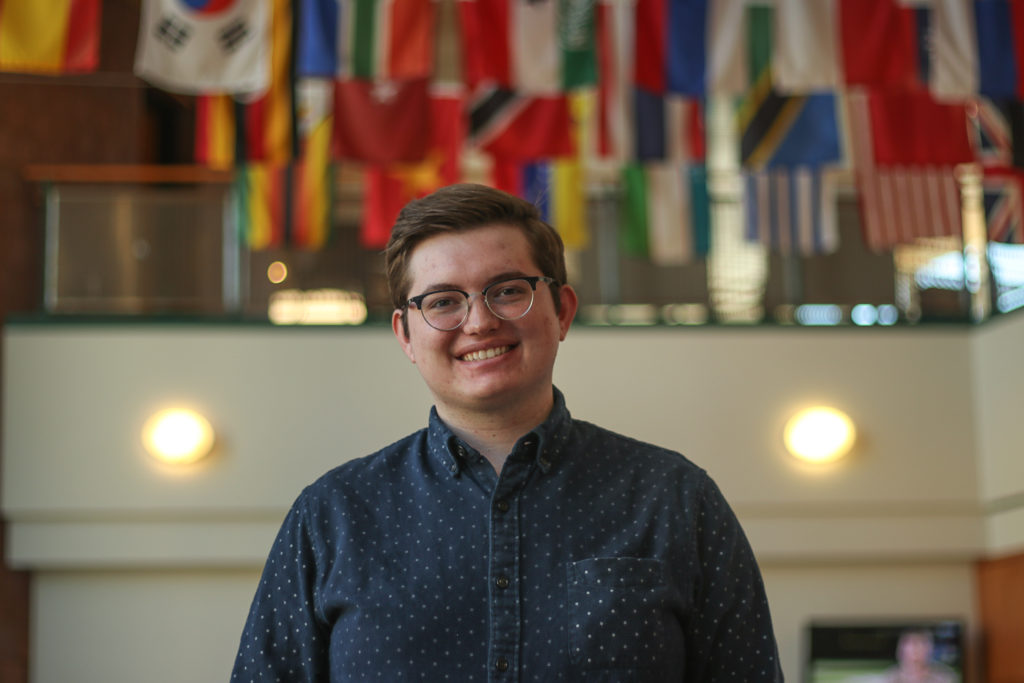
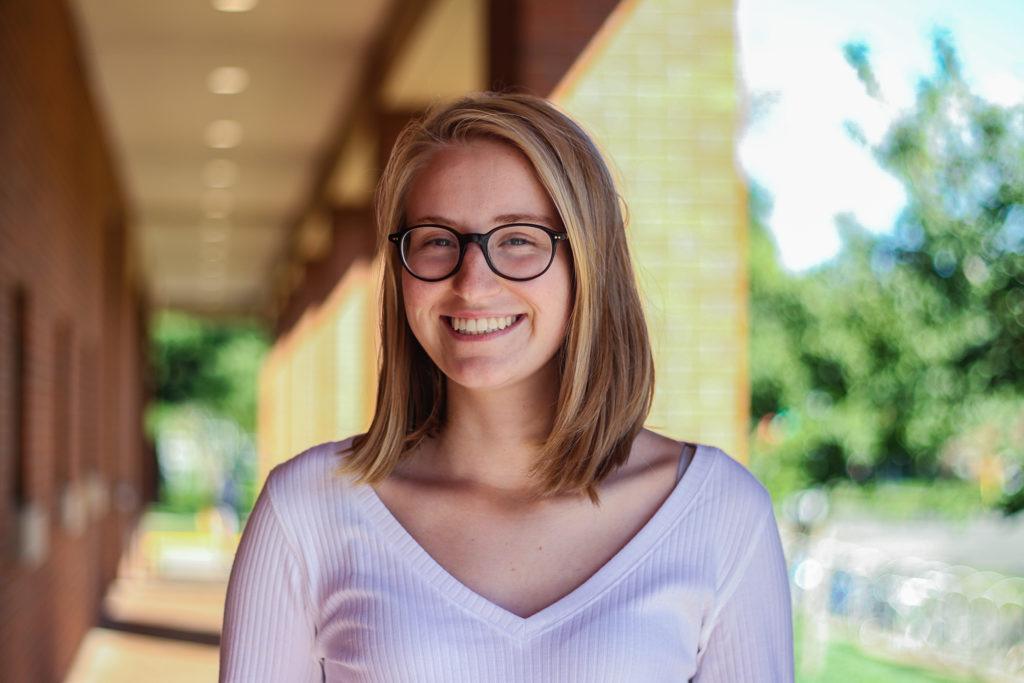
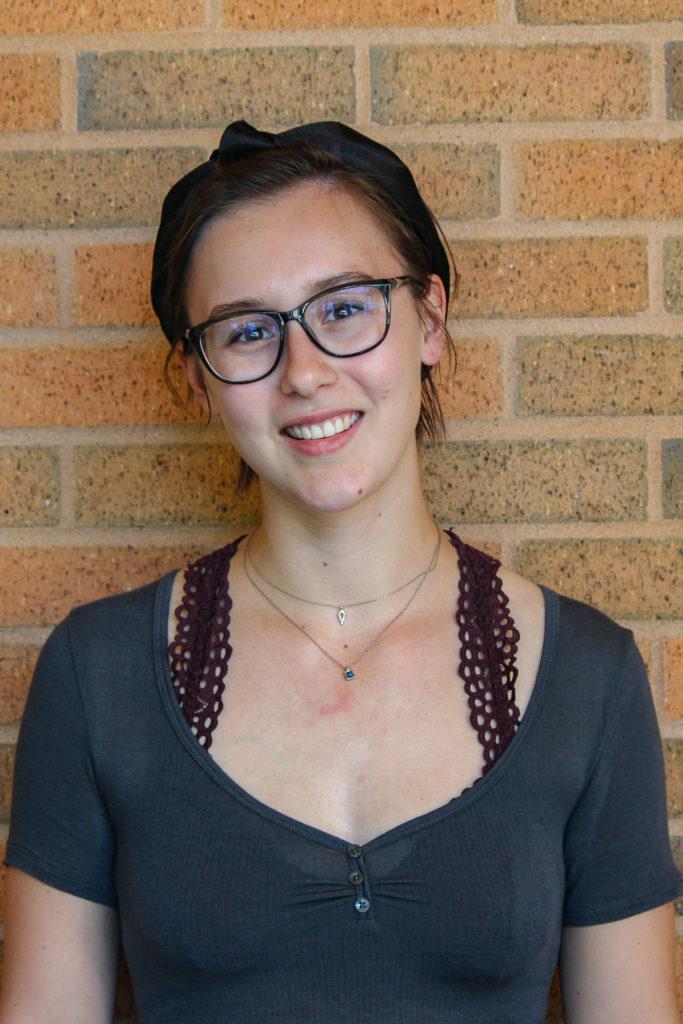
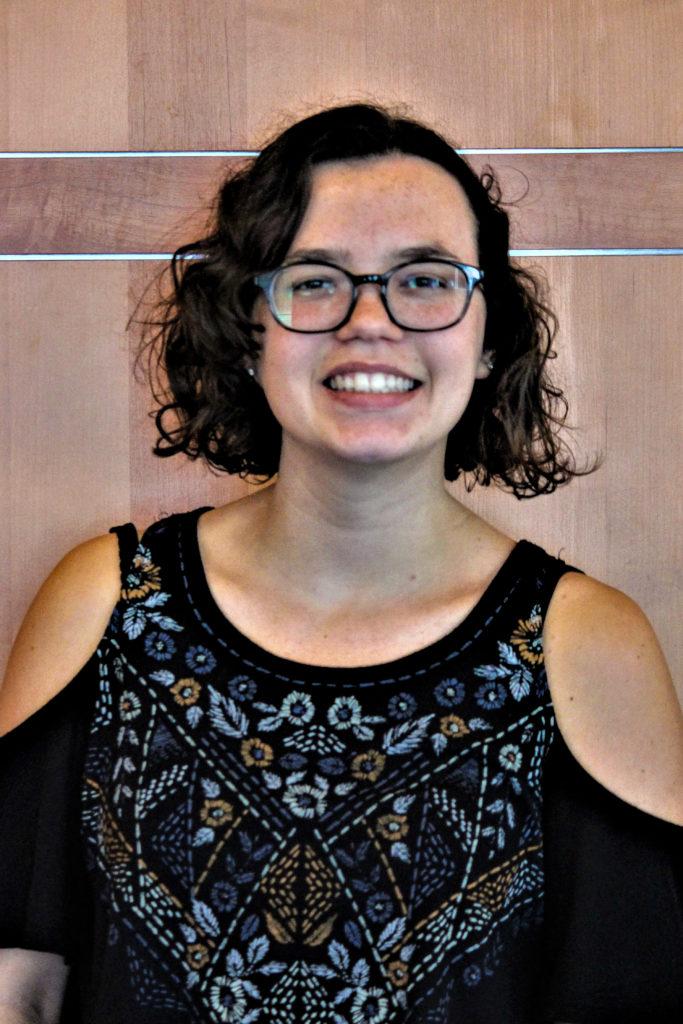
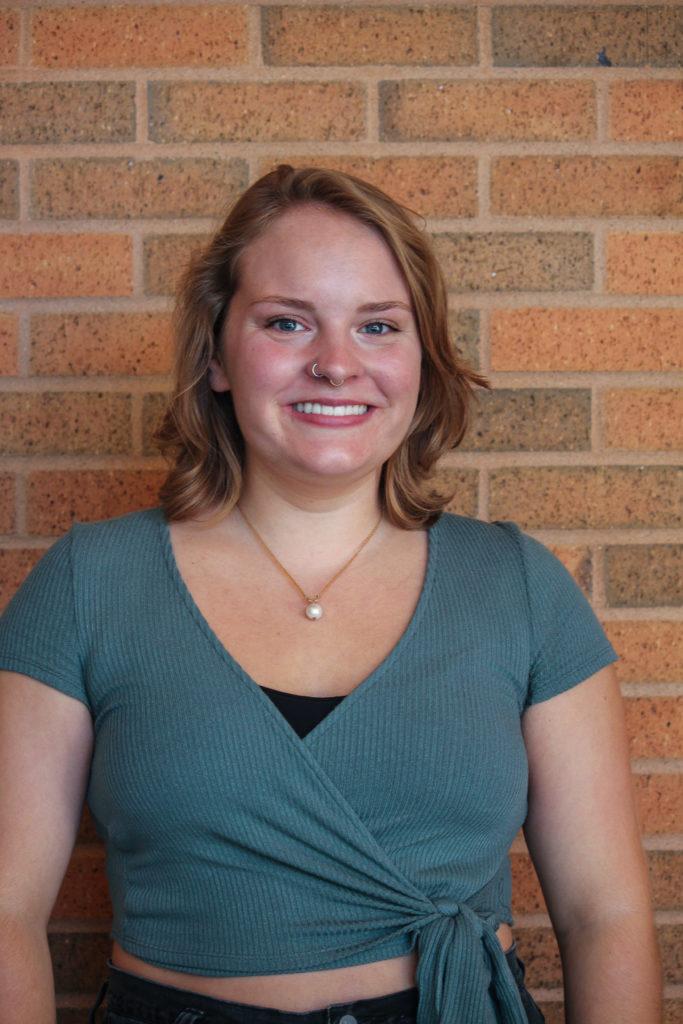
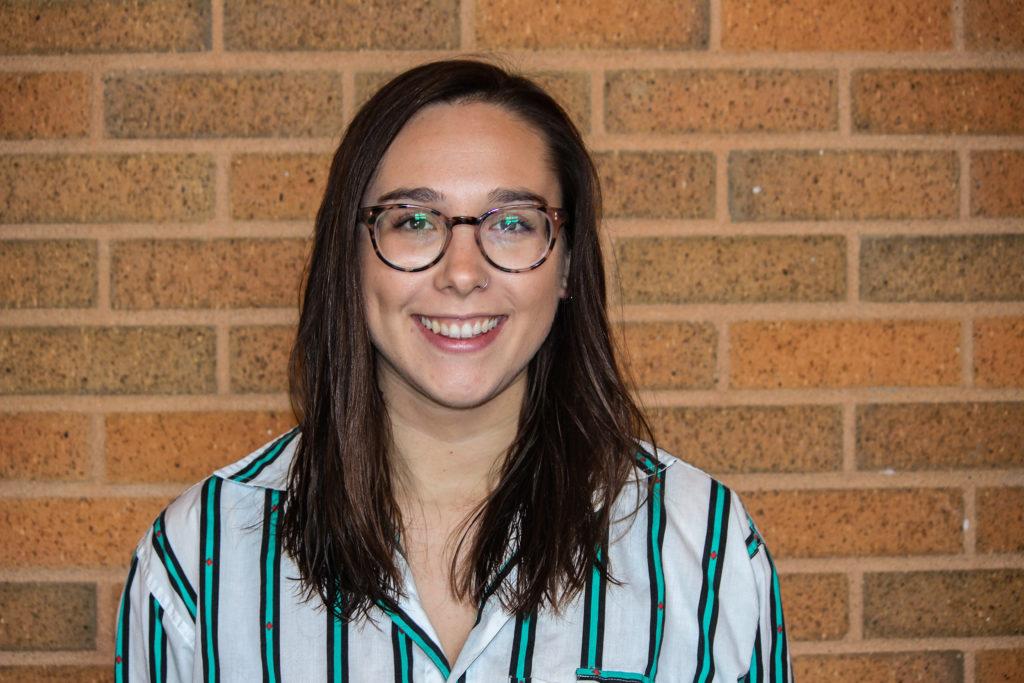
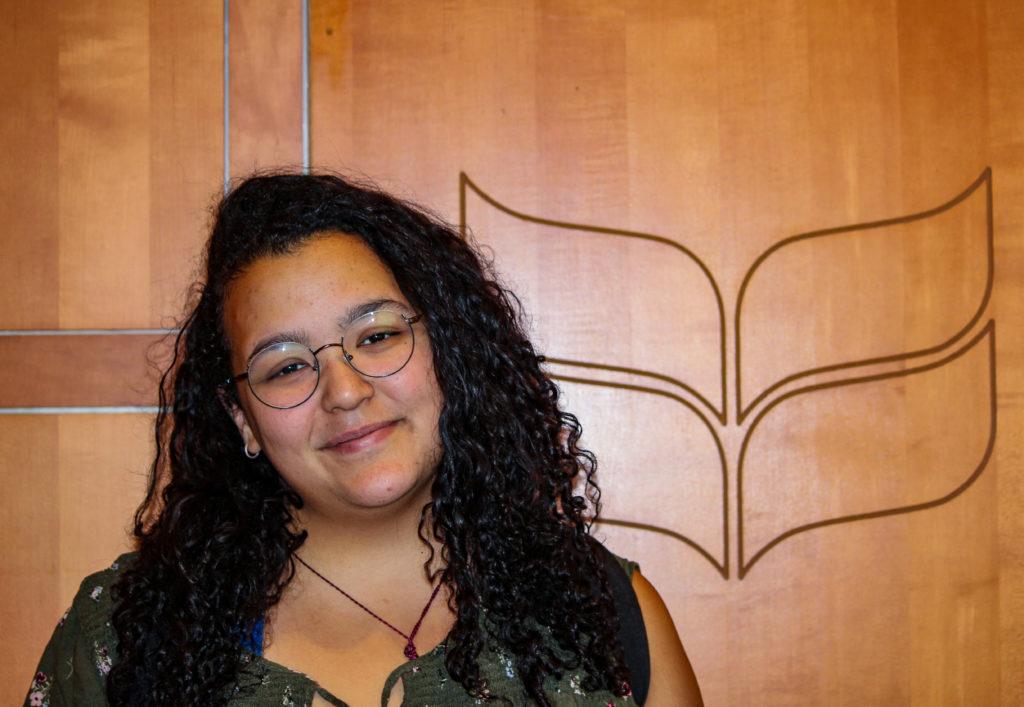
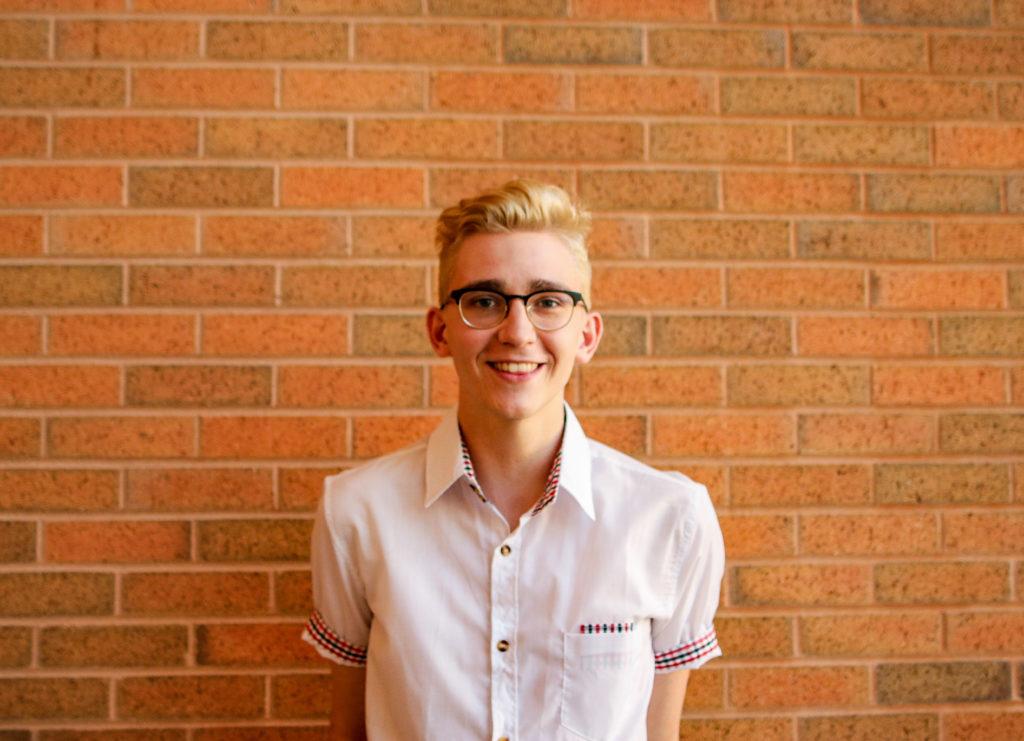
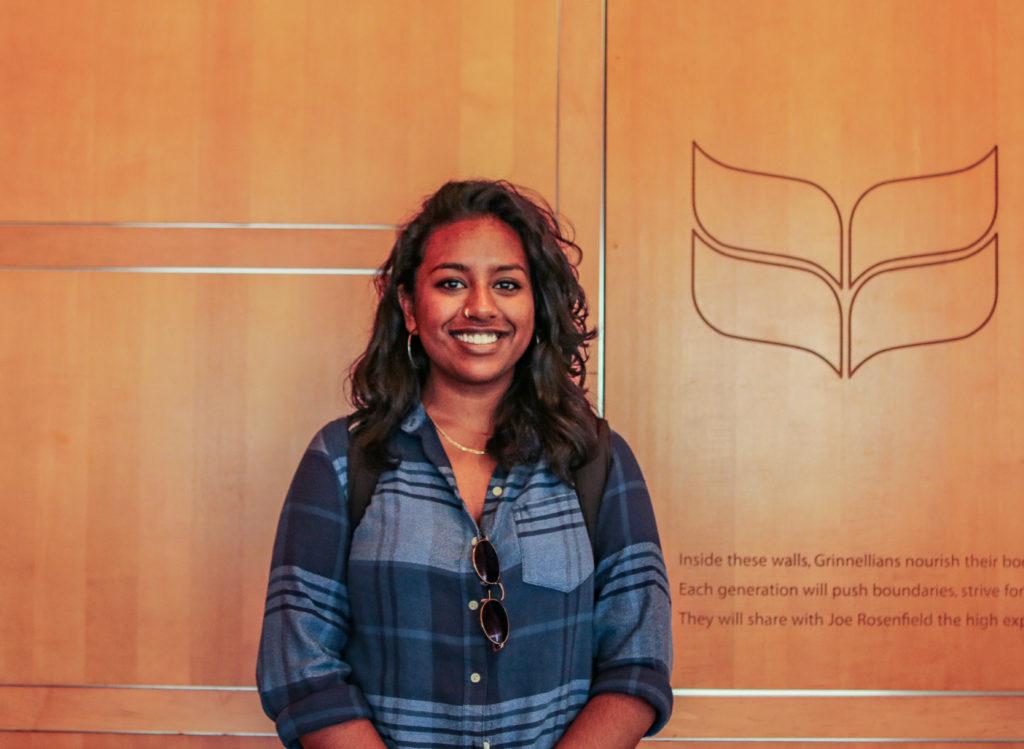
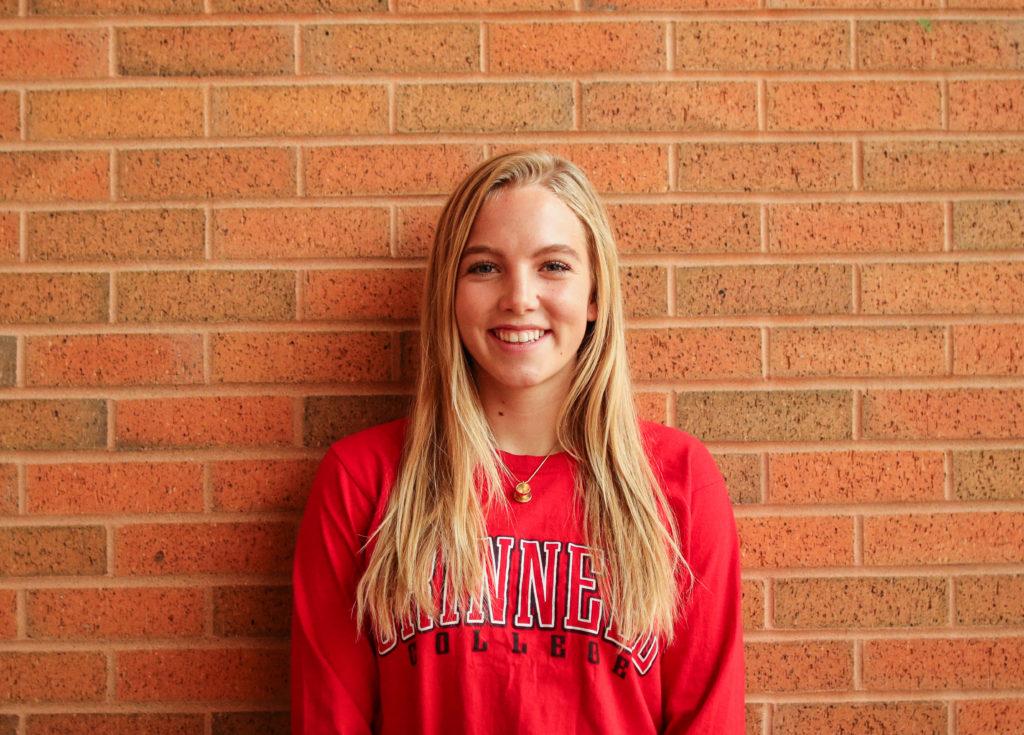
Photos by Mahira Faran, Andrew Tucker, Zoe Kohler

























































